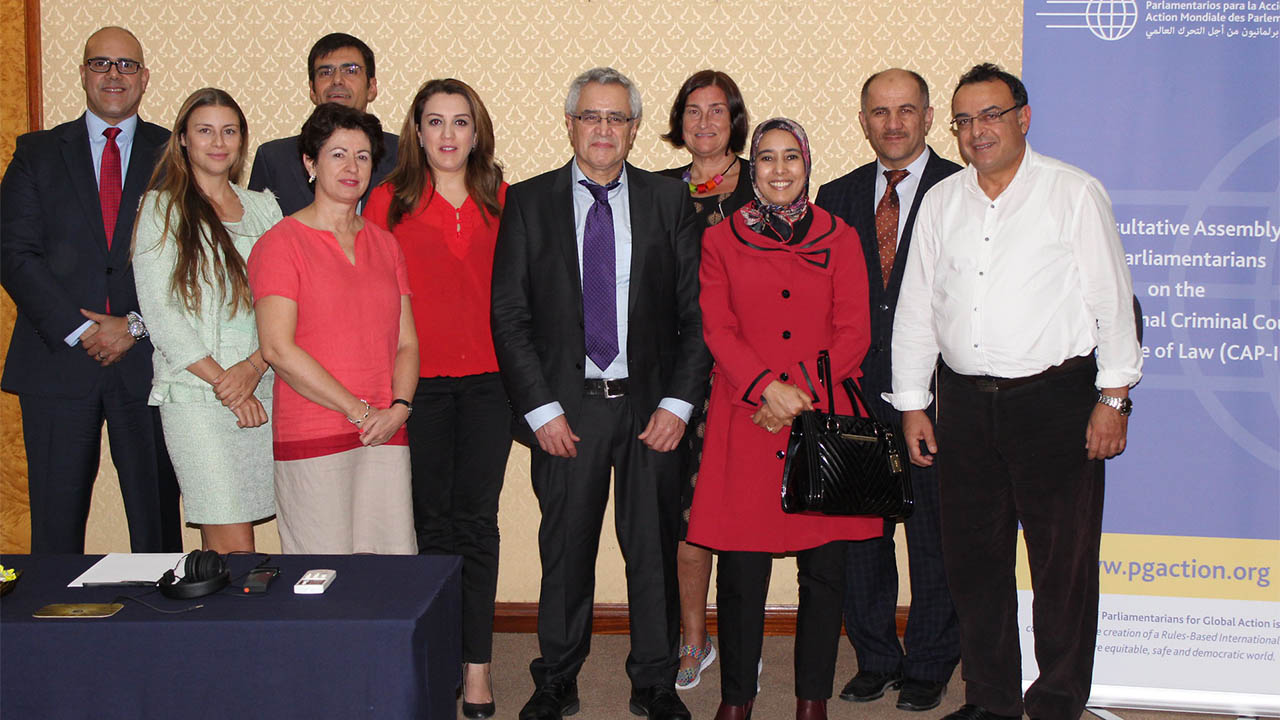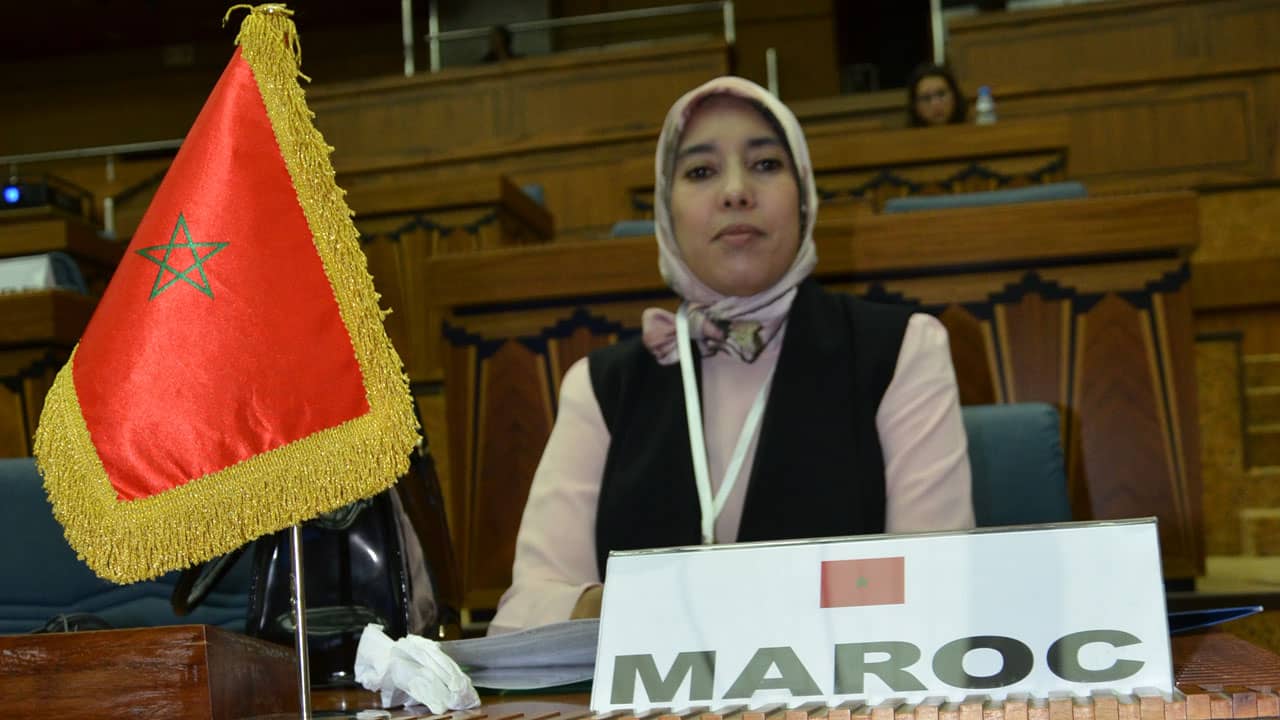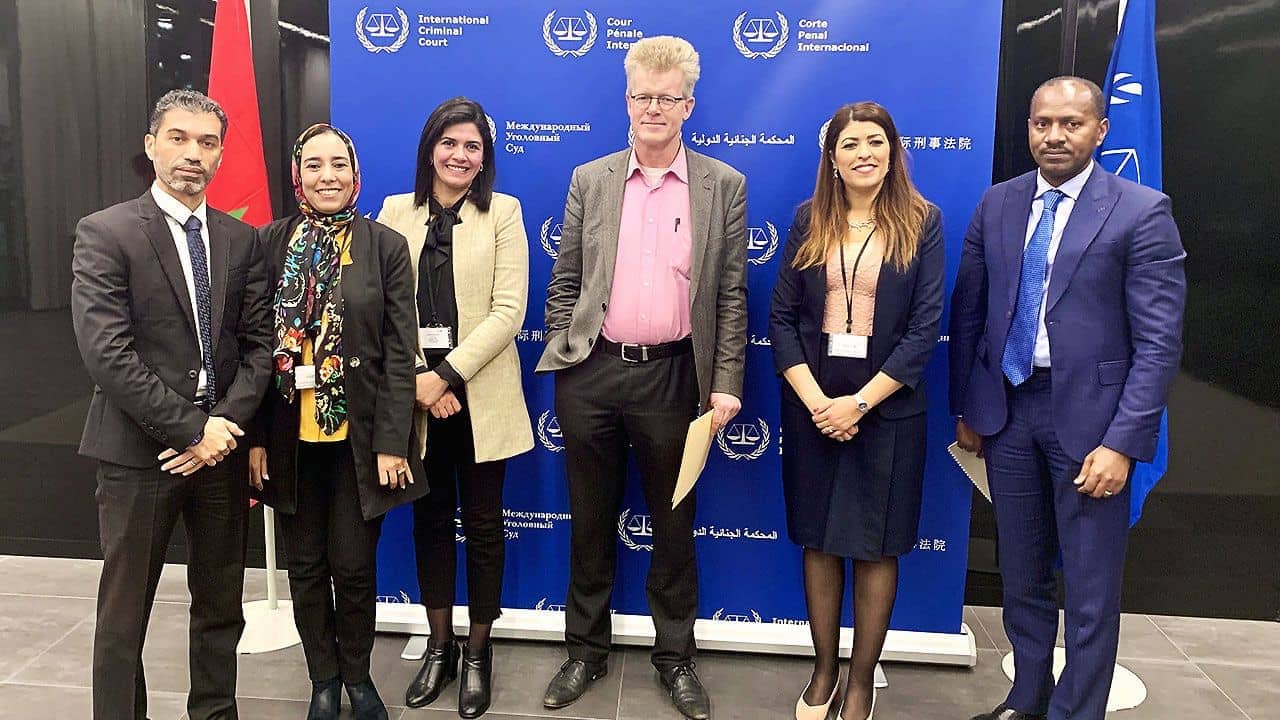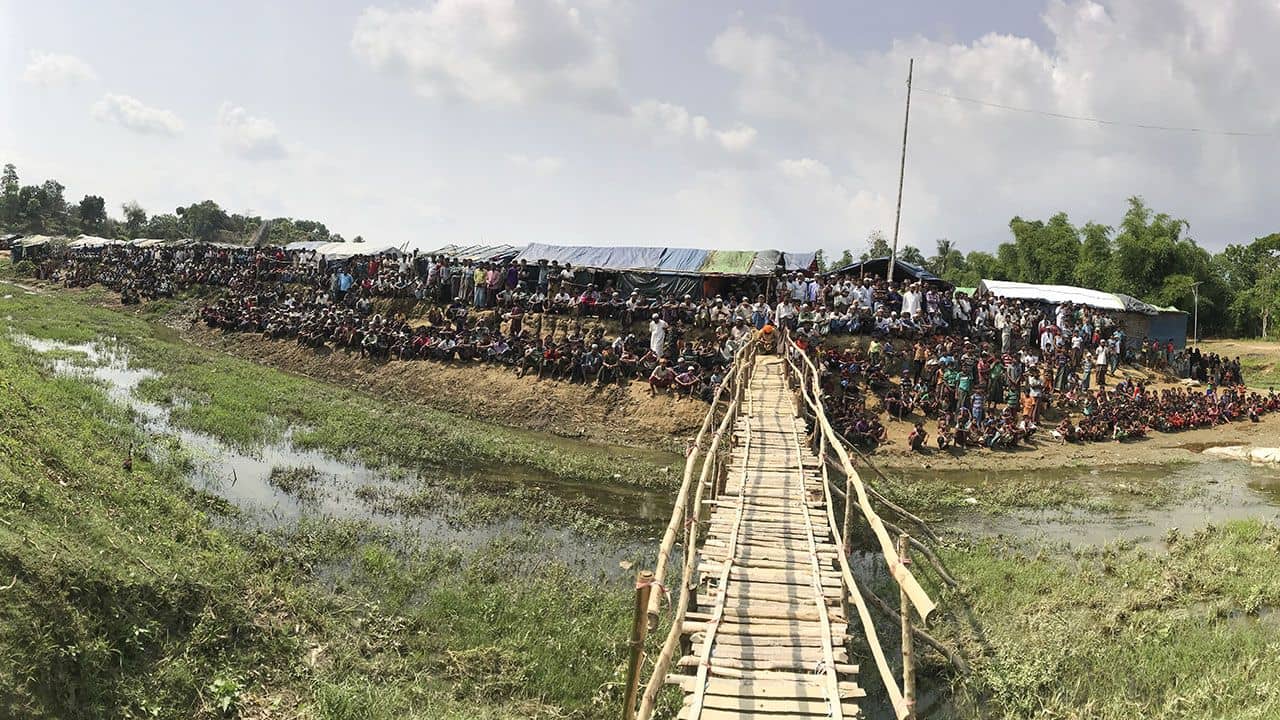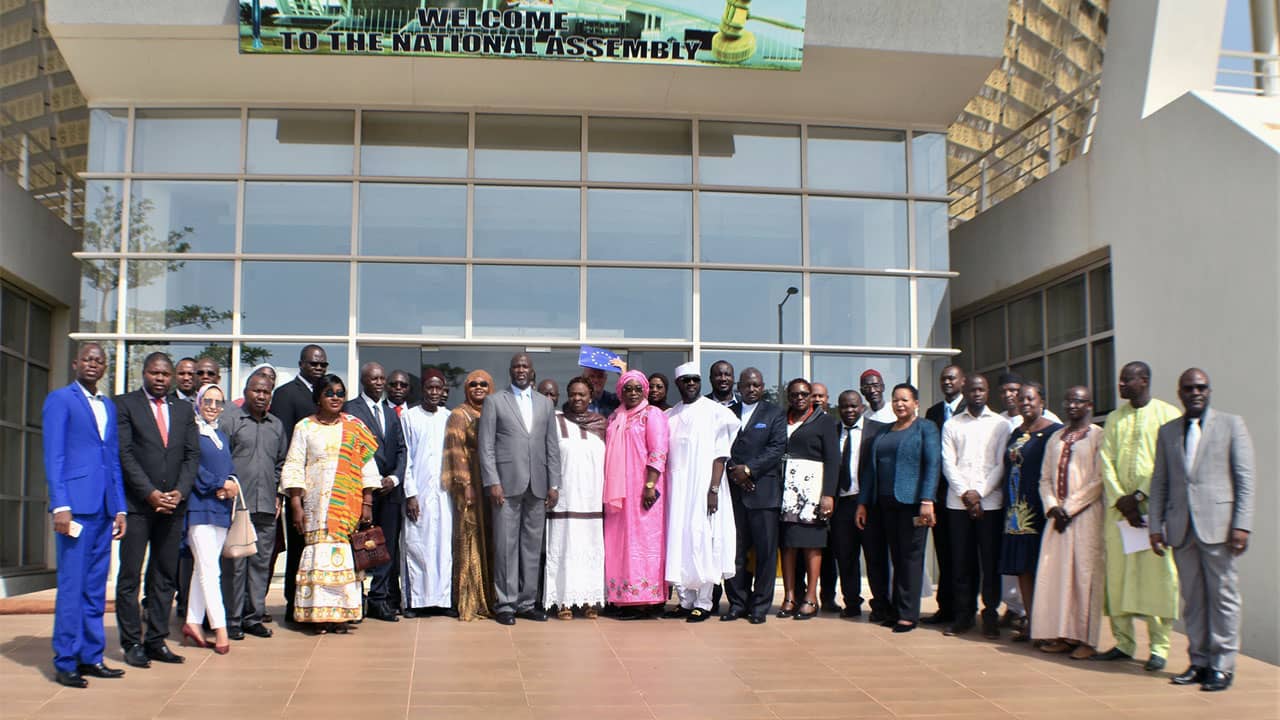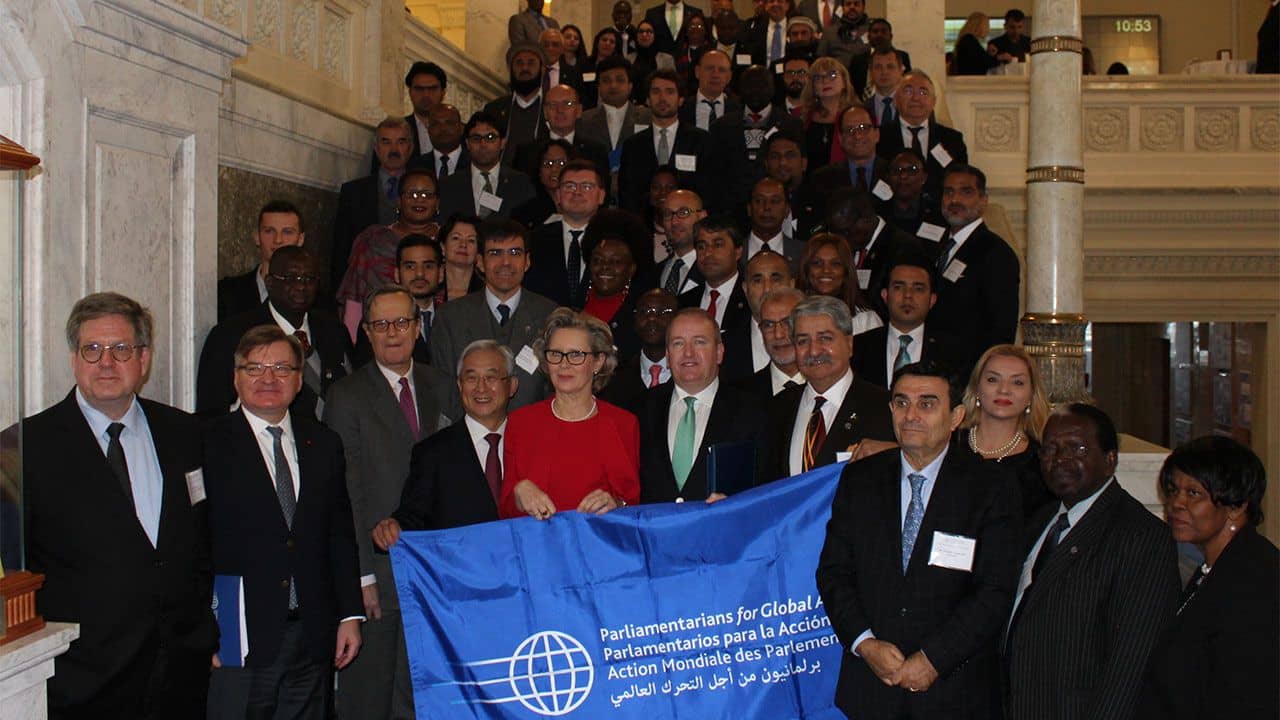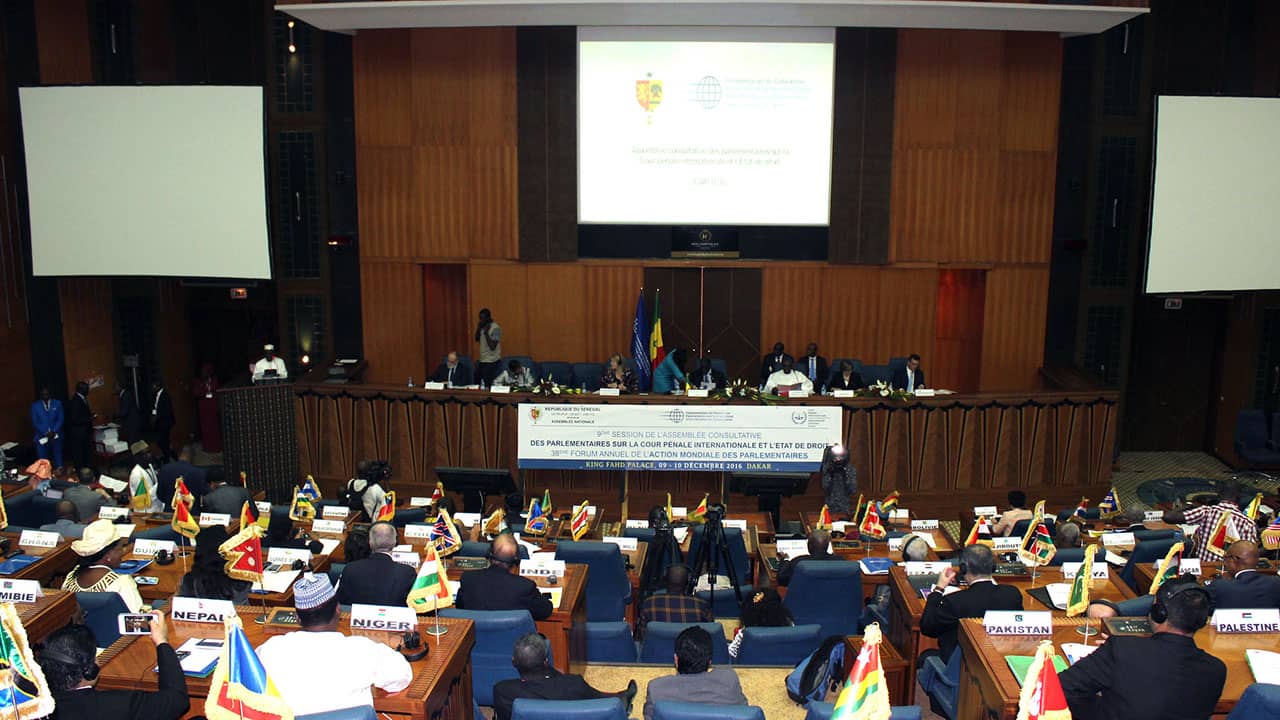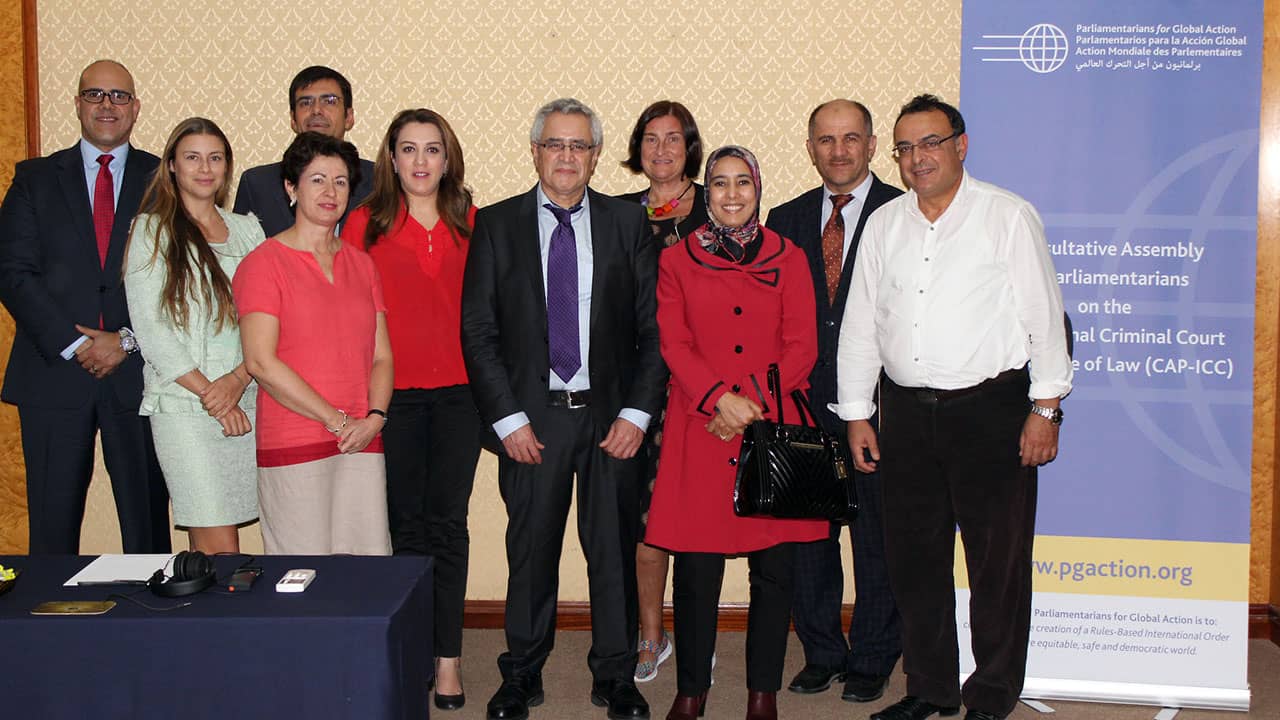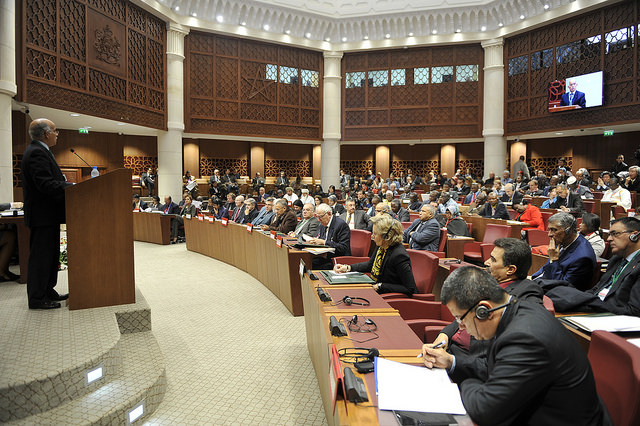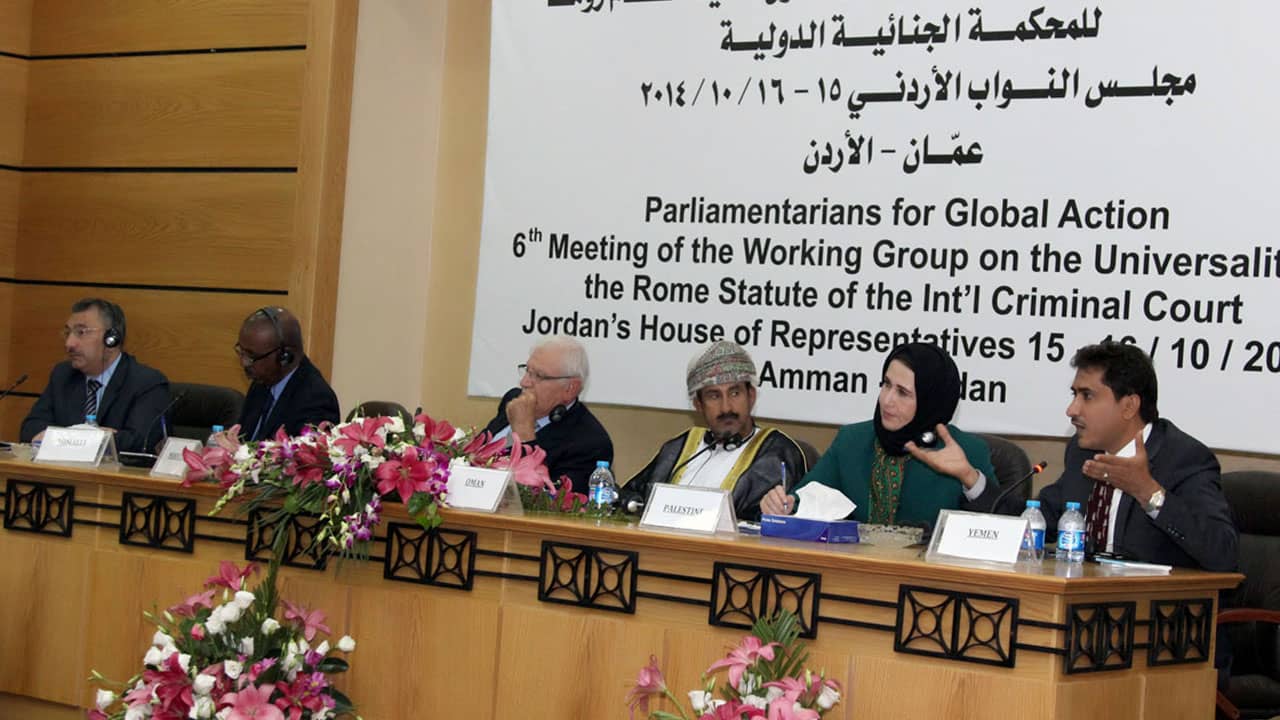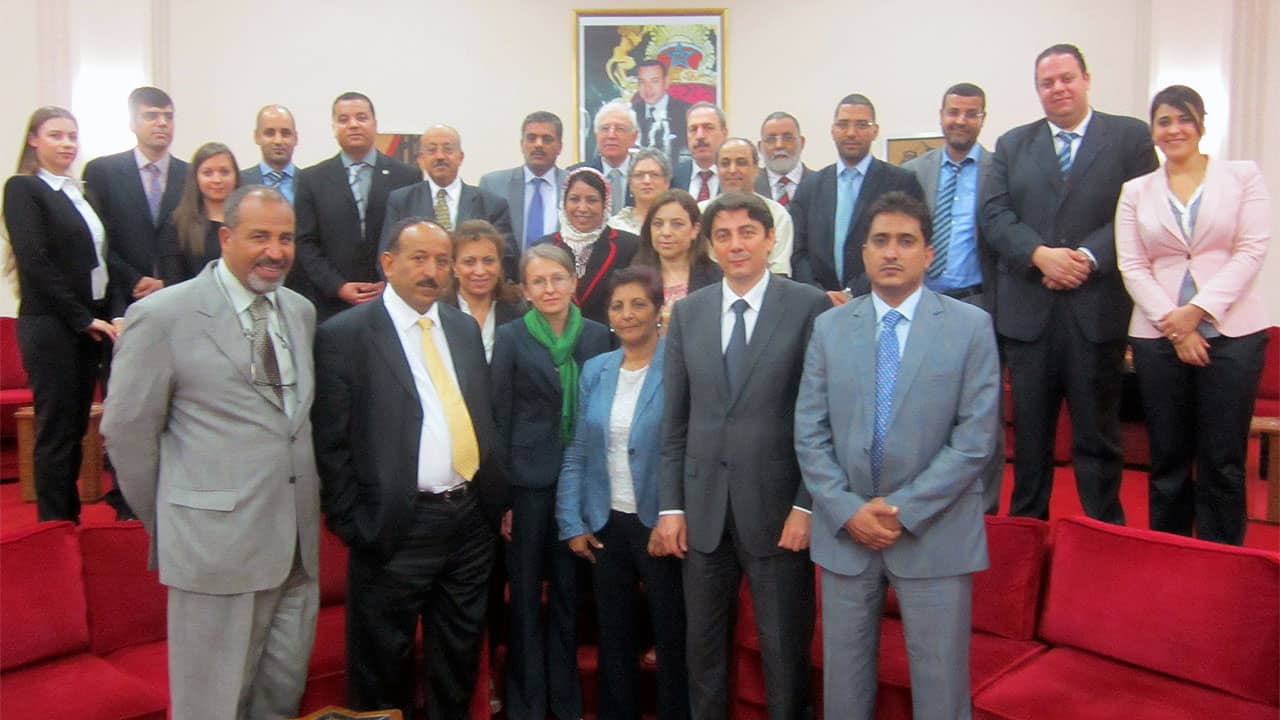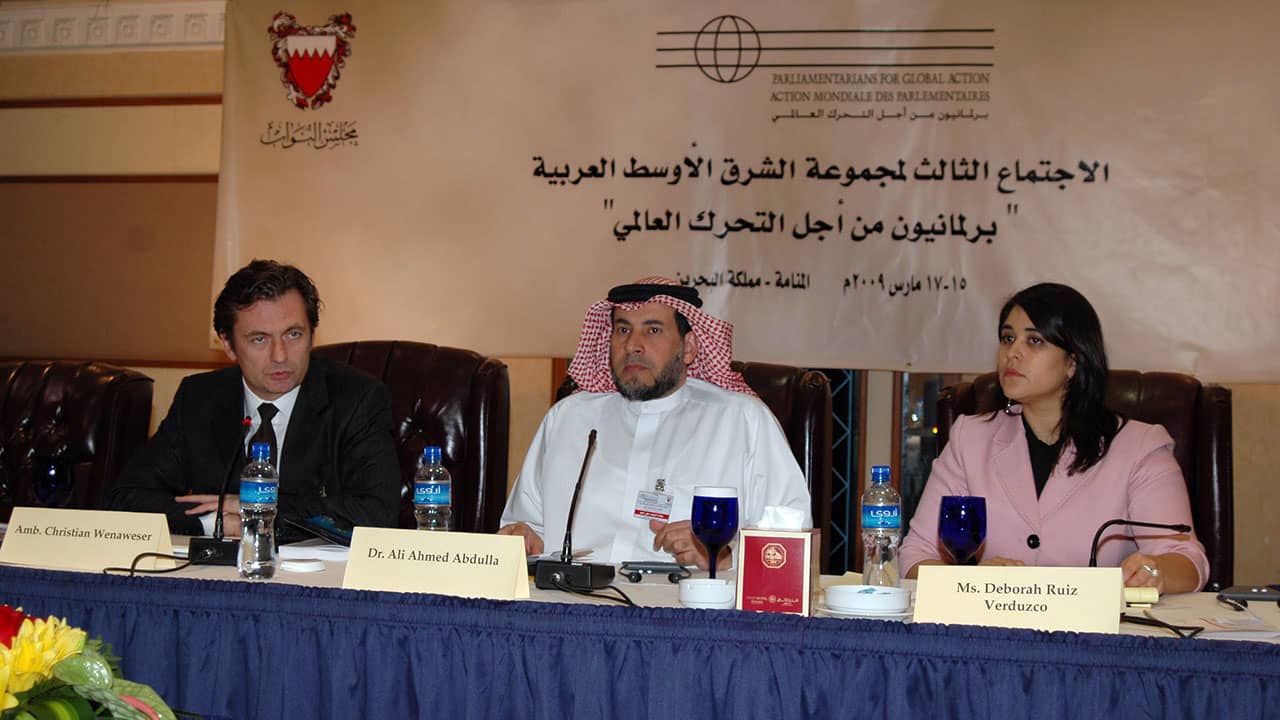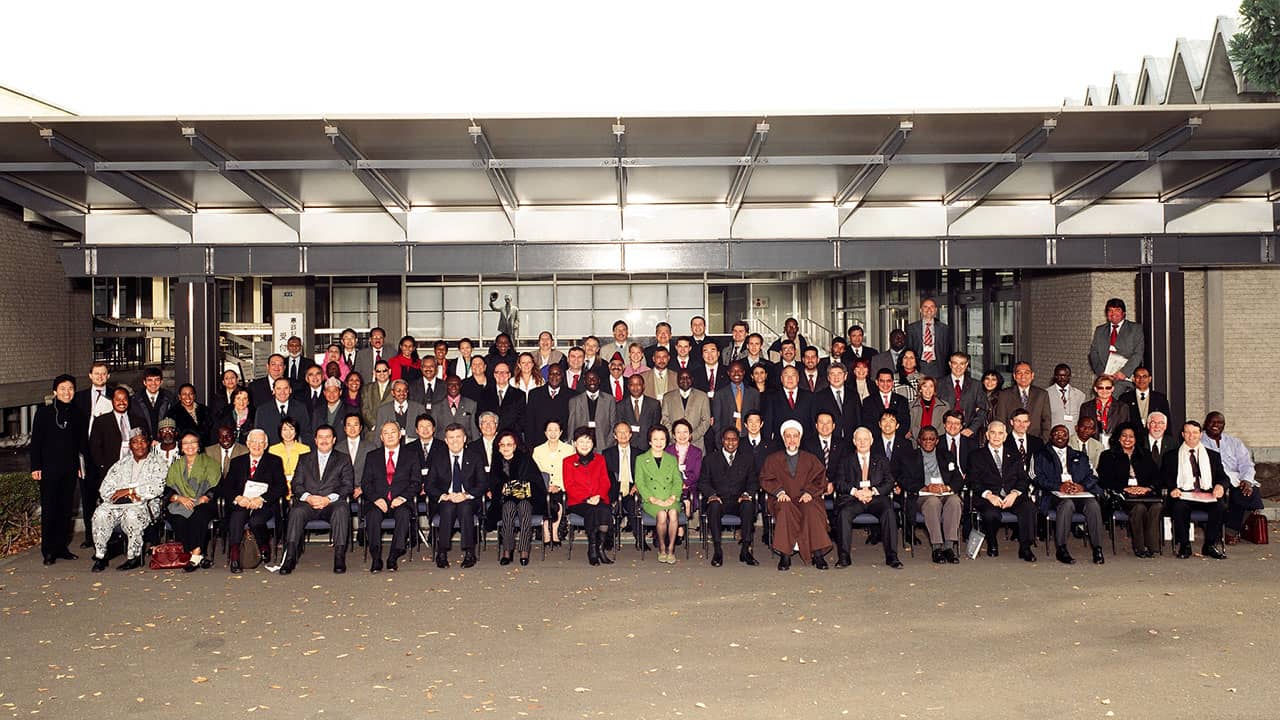Morocco and the Rome Statute
| Signature, Ratification of/Accession to the Rome Statute of the ICC
|
| Signature Date: |
8 September 2000 |
| Ratification Date: |
No. |
| Amendments to the Rome Statute
|
| Ratification of the Kampala Amendment to Article 8 of the Rome Statute on war crimes [poison and expanding bullets in NIAC] (2010): |
No |
| Ratification of the Kampala Amendment to the Rome Statute on the crime of aggression reflected in Article 8 bis (2010): |
No |
| Ratification of the Amendment to Article 124 of the Rome Statute (2015): |
No |
| Ratification of the Amendment to Article 8 of the Rome Statute on war crimes [biological weapons] (2017): |
No |
| Ratification of the Amendment to Article 8 of the Rome Statute on war crimes [blinding laser weapons] (2017): |
No |
| Ratification of the Amendment to Article 8 of the Rome Statute on war crimes [non-detectable fragments] (2017): |
No |
| Ratification of the Amendments to Article 8 of the Rome Statute on war crimes [starvation as a war crime in NIAC] (2019): |
No |
| Adoption of implementation legislation of the Rome Statute of the ICC |
|
The Moroccan Criminal Code does not contain genocide, crimes against humanity or war crimes, or any of the principles under the Rome Statute. There is no legislation regulating the cooperation with the ICC. However, on 24 June 2016, the Government introduced to Parliament bill 10.16 revising the Criminal Code, including by defining international crimes. This bill has since then been under the examination of the Justice, Legislation and Human Rights Committee of the House of Representatives.
|
| Cooperation Agreements |
| Ratification of Agreement on Privileges and Immunities of the Court (APIC): |
No. |
| Signature of Agreement of Enforcement Sentences with the ICC: |
No. |
| Signature of Agreement of Interim and Final Release with the ICC: |
No. |
| Signature of Bilateral Immunity Agreement with the USA: |
Yes, signed in New York on 24 September 2003 and entered into force on 19 November 2003. |
Key Documents
- Banjul Plan of Action Toward an End to Impunity in Africa (2019): English | Français

